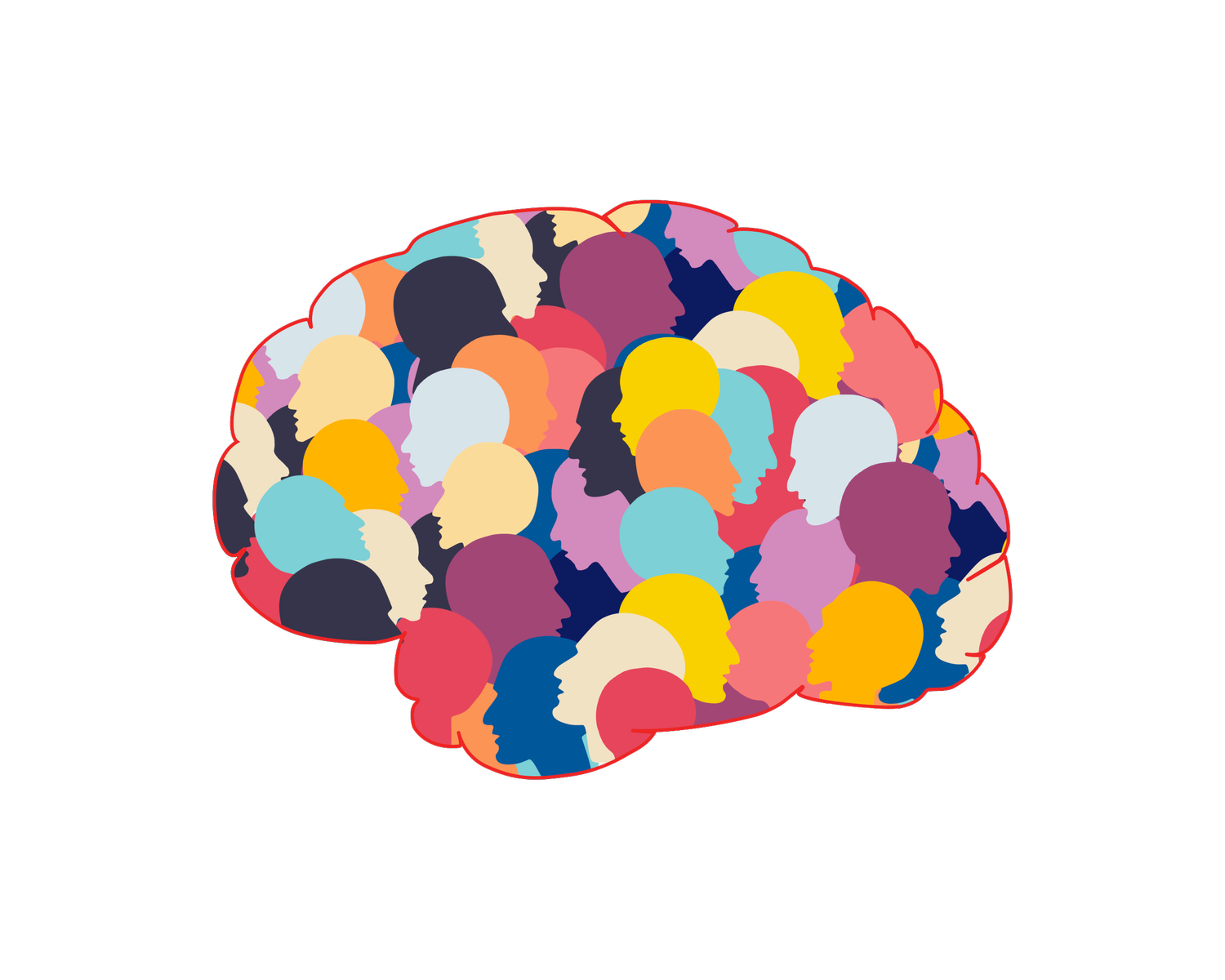Identity & Self-Representation
Few things are as near and dear to us as ourselves. People spend an inordinate amount of time thinking and talking about themselves relative to other topics. And sayings like “know thyself” emphasize the importance of maintaining a crystalized understanding of who we really are. Yet, social psychologists have shown us again and again that self-perceptions are imperfect, dynamic, and susceptible to social influence. In this line of research, we aim to understand why we often misunderstand ourselves, how we maintain multifaceted and at times conflicting self-views, and how the social environment changes how we see ourselves.
For example, we have found that one reason why people don’t feel connected to their past and future selves is because of a “temporal self-compression” effect, with temporal selves becoming increasingly non-discriminable (both subjectively and neurally) with distance from the present. We have also found neural evidence that we update our self-views based on feedback from other people not in the moment that we find out how they really see us. But instead, afterwards when we have time to really digest the information. Finally, we’ve seen that when people have an enjoyable conversation, their self-views come into alignment. In other words, we may literally become the company we keep through positive interactions.
Relevant Publications:
Brietzke, S., & Meyer, M. L. (2021). Temporal self-compression: Behavioral and neural evidence that past and future selves are compressed as they move away from the present. Proceedings of the National Academy of Sciences, 18(49), e2101403118. Download PDF.
Brietzke, S., Barbarossa, K. & Meyer, M. L. (under review). Get out of my head: social evaluative brain states carry over into post-feedback rest to promote learning what others think of us. Download Preprint PDF.
Welker, C., Wheatley, T., Grace C., Gorman, C. & Meyer, M. L. (under review). Personalities converge during enjoyable conversation. Download Preprint PDF.
Meyer, M. L., Zhao, Z., & Tamir, D. I. (2019) Simulating other people changes the self. Journal of Experimental Psychology: General. Download PDF.
